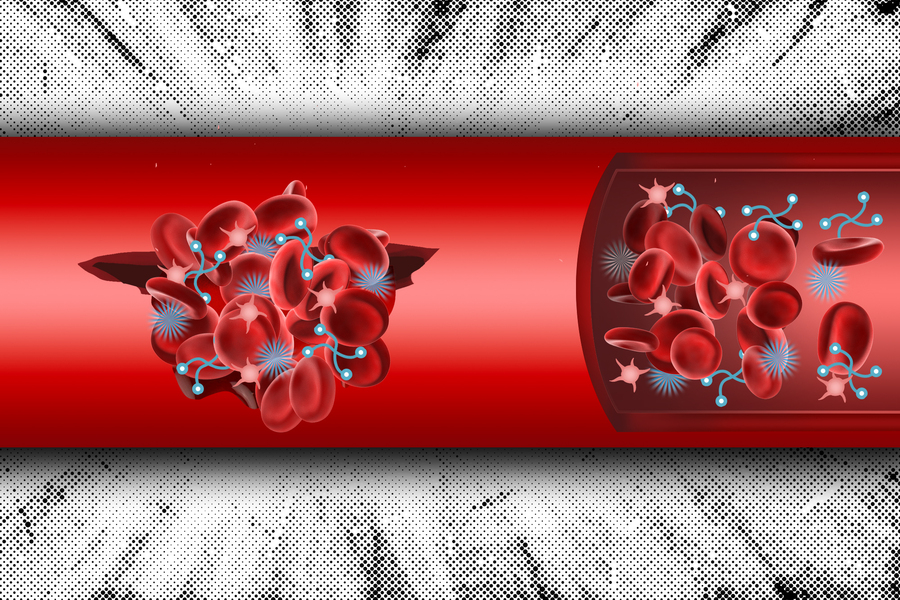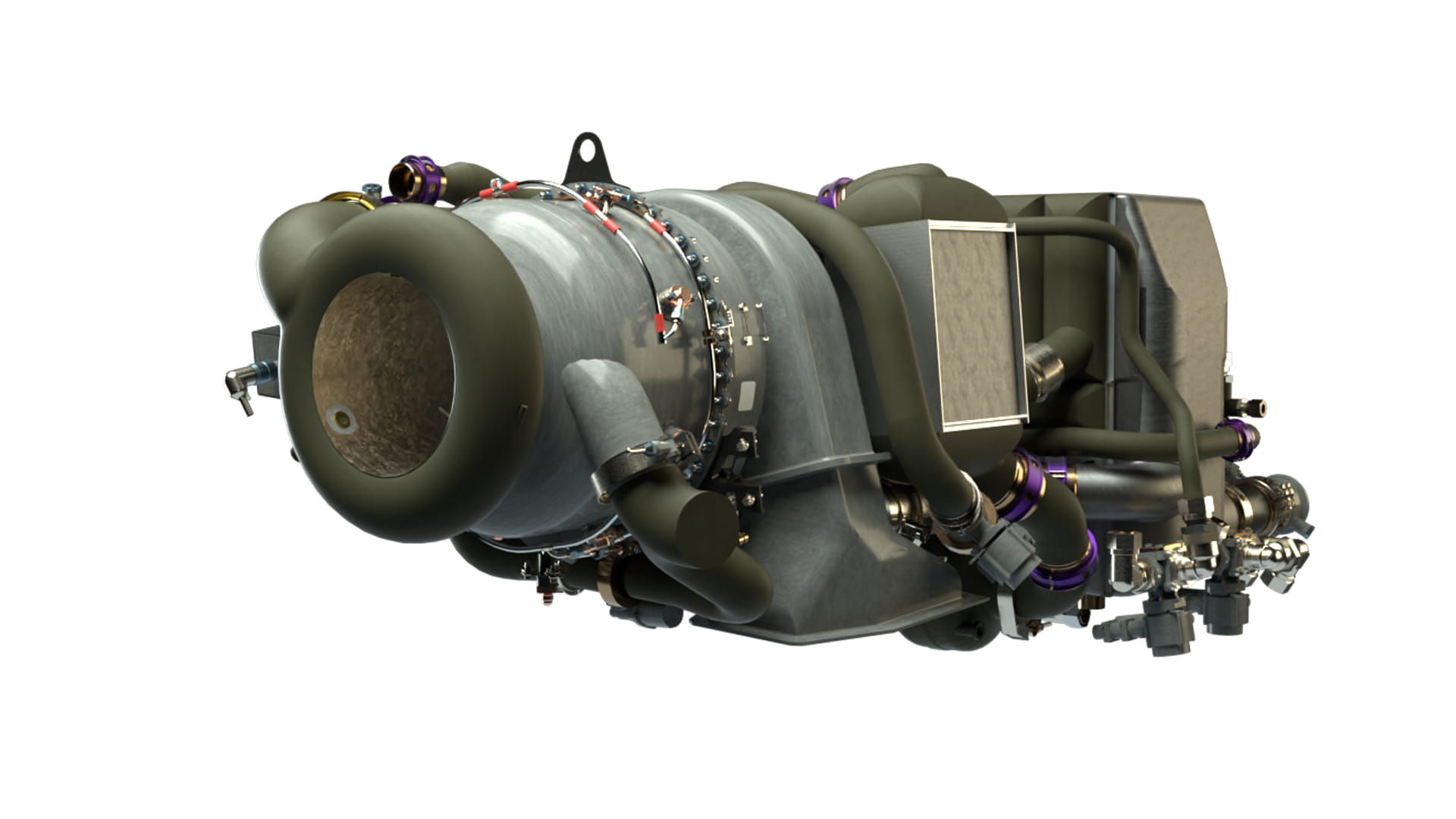Orbital Sciences of Dulles, Virginia, is responsible for the world’s first privately developed space launch vehicle, Pegasus. It’s an air launched rocket first tested in 1990.
Orbital also developed the Taurus rocket for small & medium satellites and the Minotaur rocket for large satellites, each based on Pegasus. Both are four stage, inertially guided, solid propellant vehicles capable of lifting satellites up to 3,814 pounds (1,730 kg) into lower earth orbit. Orbital has launched dozens of satellites over the years and works closely with NASA to provide extremely cost-effective and capable space launch systems for both commercial and military applications.
On Wednesday, September 18, 2013, Cygnus, a new Orbital spacecraft, launched from NASA’s Mid-Atlantic Regional Spaceport on Wallops Island, Virginia, carrying 1,500 pounds of clothing, food, water and other necessities to replenish astronaut supplies. Cygnus was carried aloft by the two-stage Antares, Orbitals new rocket with a carrying capacity of 13,500 pounds (6,120 kg). Cygnus reached the ISS on September 29 and began offloading supplies the next day. Cygnus will depart from the ISS on October 22 and be destroyed as it reenters the earth’s atmosphere.
This demonstration mission, if all goes well, will allow Orbital to fulfill the remainder of its NASA contract of $1.9 billion for a total of eight unmanned supply runs to the International Space Station. NASA which has been moving ahead with its plans to privatize US space missions, has contracts with several companies, including SpaceX, with its Dragon reusable spacecraft. One can almost hear a “collective sigh of relief” as NASA and those who support it now feel they have two American companies capable of launching supply missions to the ISS. This will increase global competition and reduce US dependence on foreign aerospace companies.






